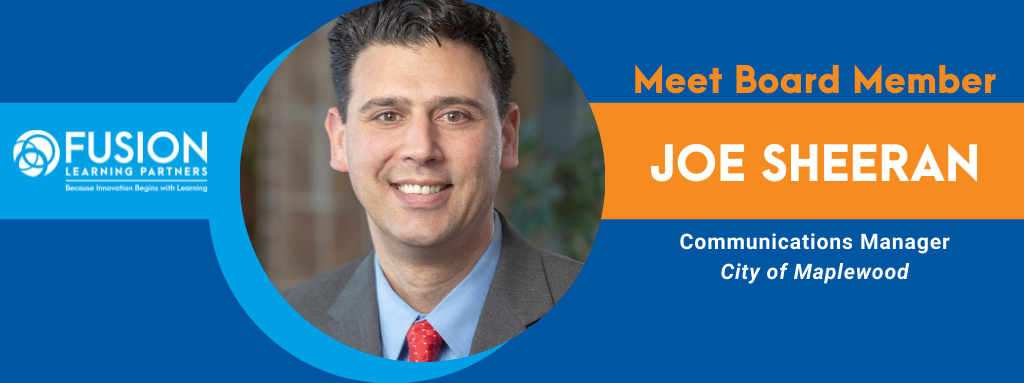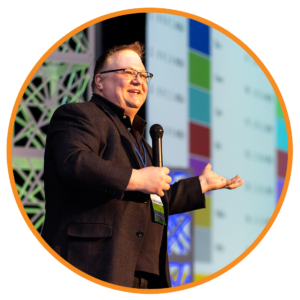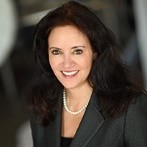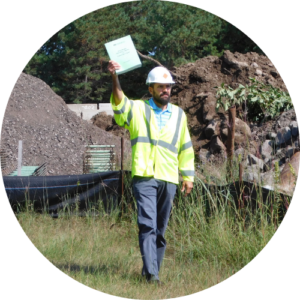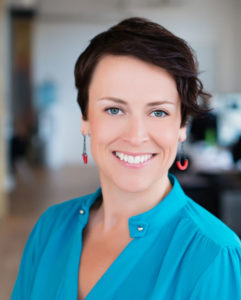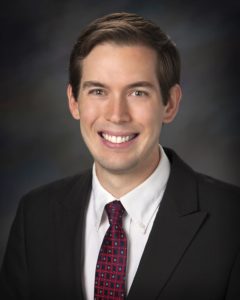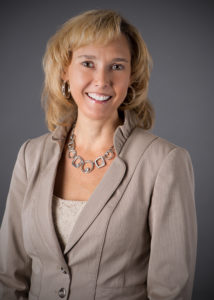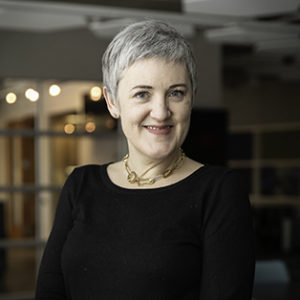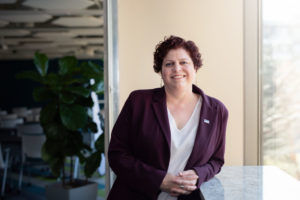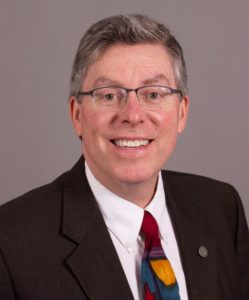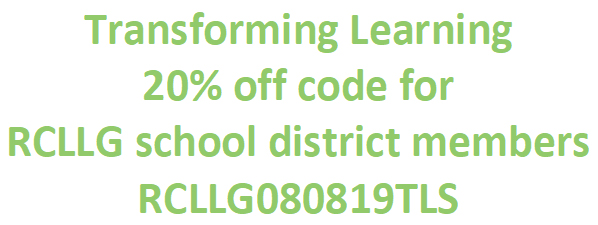- How did you find yourself in the Midwest after growing up in Philadelphia?
Joe grew up on Philadelphia, visiting the Jersey shore every summer. Joe attended Temple University, pursuing his dream of journalism and television. His first job was in his hometown of Philadelphia, assisting writers and reporters.
“When I graduated, I went to go into journalism, so I got my tape really fine-tuned and sent it out to a couple of places in the Midwest. One of them was a place called Sioux Falls. The guy called me up and offered me the job, and I said ‘By the way, where is Sou-ex falls?’ and he’s like ‘What do you mean, where is Sioux Falls? First, of all, it’s pronounced Soo-falls. We’re in South Dakota. I was like ‘Well, where’s South Dakota?’ I had never been any farther west than 84th street in the city (Philadelphia). On my first day on the job, I was covering an agricultural story. I knew nothing about farms, nothing about hogs. It was at a hog sale. I wore a 3-piece suit out… I’m trudging a 40-pound camera through this snowy farm field. And I’m like ‘Never again.’”
“I bounced around in television. I worked in Wichita, Kansas for a couple years after South Dakota. I went back east for a couple years, worked and then made the transition from television into political communications… My wife at the time, who’s from a small town in Minnesota, got a job back here and we moved here 12 years ago… and I like it here. It’s a good pace of life.”
- Tell us more about your work at the City of Maplewood and in communications. What’s something you’re most proud of in your career?
Joe has been with the City of Maplewood for almost five years. “Local governments are the bread and butter of getting stuff done” he explained. “One of my biggest jobs at the City is to explain to our community, in a humble way, the value of their service. A lot of my job is explaining what we do, highlighting the day-to-day that kind of goes unnoticed, so that people feel more connected. After they see one of our videos, they say, ‘Oh, okay… that’s the actual driver who plows my roads. I think one of the things I’m proud of is the team we’ve developed here.”
Joe explained that if you really want to have an influence on government, he suggests volunteering, working, and serving your local government, as many don’t realize what local governments do for them.
- As someone with a background in PR/communications, what made you want to help lead Fusion Learning Partners?
“What attracted me to Fusion was the mission of helping governments, helping nonprofits, helping people that work for the common good to better their skills, learn new things, adapt to advancing technology. One of my biggest roles working with the Minnesota Chiefs of Police Association was helping design and facilitate professional development opportunities for executives, especially in the area of media training. What makes you a good street cop is not going to make you a good Sergeant. It’s gaining a new set of skills while retaining that base level of what the front line does.”
- From your current role and past experiences, what do you hope to bring to the ‘Fusion’ table? What experiences have inspired you to give back?
“One of the things I want to contribute is that marketing technique – understanding how to show that what we’re providing has a real value. I’ve worked for boards, but have never served on one.” He spoke on the importance of a Board member’s role in that “You’re not there to do the work, you’re there to empower the staff, the Executive Director, to give them the tools they need to do the work, to guide them with the work, to give them the framework of ‘where we want to go’ and then step away and let the people on the ground do their jobs.” Joe says this is especially important after weathering two tough years for event planners.
- Part of the mission statement of Fusion is to inspire innovation for the greater good… what does this mean to you, or why do you believe in this?
Joe discussed how important it is that we work together and recognize that we all have a role in the greater good. “In this day and age, we’ve become a lot about ‘me and my tribe,’ ‘am I wearing the blue tie or the red tie’… and we have to get away from that. What made Minnesota great was we all worked together. We created two Minnesota miracles [off the ice] and that has sustained our communities and made us a great state.”
Joe explained how it’s important that we all invest in the greater good, that “we all invest in schools, not just parents, but as a community, we all invest in schools… we all invest in good roads, in transit, in the economic engine that drives prosperity. Just because you live in Greater Minnesota, what’s happening in the Twin Cities is really important, because the money jets out, and the economic opportunity jets out…” and vice-versa. “We all do better when we all do better,” to quote former Sen. Paul Wellstone.
- There are many critical issues our communities are facing right now, but if you had to pick one, which issue needs the most innovative thinking and why?
“Fair, equitable housing. Everyone deserves, everyone should be entitled to a safe, suitable home to lay their head at night, to raise their families. We’ve seen, in the last couple of years, that housing is creeping up. Housing is so critical, not only for those basic needs, but where you live depends on where your kids tend to go to school, what grocery stores and amenities you have access to.” Joe explained how zoning is a big housing issue. He sat on the City of White Bear Lake’s housing taskforce, and a difficult question became how to make the community hospitable to the right kinds of developments, keeping affordability and celebrating diversity.
“We need to figure out ways where we can have people who are wealthier and people who are less fortunate live in the same communities, so their kids are getting to know one another and getting to see different perspectives.” Joe discussed how this would enable a more unified community who incorporate different ideals. “We need to celebrate diversity, not keep it at bay.”
- If you could meet anyone, dead or alive, who would it be and why?
“Probably Barack Obama. The one person I’d want to meet and spend a half-hour with is Barack Obama. I feel his temperament is the right temperament for these times. He understands the nuance of complex issues… and he’s a cool dude. A cool hang, as they would say.” Joe would ask him, if hindsight was 20/20, if he would do anything differently.
- Do you have a favorite quote and why?
“[It] is less of a quote and more a piece of advice that I’ve gotten from one of the police chiefs. It suits you well, not only at work but in personal relationships. ‘Show up, care, and don’t be a jerk.’ And I think that’s really, really important. When you’re there, you’re present, whether it’s with your children, your family, your coworkers; you’re there, and not just there physically, but mentally. You’re checked in completely. And then ‘care’ – really get into the work, be passionate about it. And then, again, you’re going to disagree with people, but just don’t be a jerk about it… understand their perspective.”

